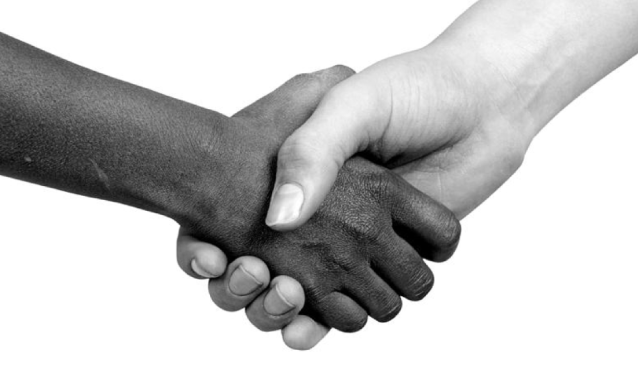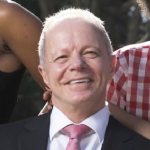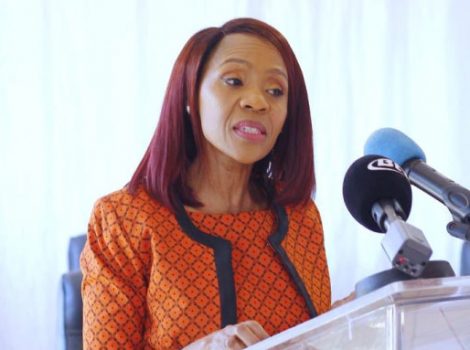
This country in the middle of the Kalahari Desert of southern Africa is a lure for safari tourists eager to spot the wild animals that roam freely. Yet visitors can’t help but notice something else about this country that is as rare elsewhere in the world as the endangered animals who live in this vast savanna: racial harmony.
“Absolutely, it’s palpable. There’s no hostility between the blacks and whites, in contrast to neighbouring South Africa and other nations in the region,” observes Barry Wood, a veteran journalist who has covered southern Africa.
“It’s an extraordinary accomplishment.”
Botswana stands out as a lone counterpoint to the racial strife, poverty, dictatorships and corruption that have long been the standard in so many African nations. It has its unique geography, history and culture to thank for that. As the United States celebrates Black History Month in February, all Americans, who still struggle with a long history of racial discrimination and conflict, can learn important lessons about racial harmony from faraway Botswana.
The African country, roughly the area of Texas with just 2 million residents (about the same as New Mexico), was a British protectorate until it gained independence in 1966. It has been a successful and stable democracy ever since, something no other African nation can claim.
It has the most enlightened environmental policies in Africa, creating a countrywide preserve for wild animals. As a result, it has Africa’s largest population of elephants, who sense they are safe. Watchdog groups rate the government as the least corrupt in Africa. And it’s an economic success story, increasing per capita income from $80 in 1966 (one of the lowest in the world) to $3,200 today.
Besides tourism, the country’s economy has benefited from its chief export of diamonds, which were discovered a year after independence. (That’s the official story, at least. Some Batswana suspect that diamonds were found earlier but kept secret until the British left).
An even bigger accomplishment has been the development of a society in which the mostly black population and the tiny white minority (less than 5%) live and work together without the overt discrimination or more subtle tensions found in societies such as the USA.
 David Newman, Botswana’s ambassador to the U.S., attributes his nation’s racial harmony to the core values of the majority Tswana tribe, which preaches “respect for all humanity.” The concept, known as botho in the Setswana national language, means that everyone is connected to the larger community as if it were an extended family.
David Newman, Botswana’s ambassador to the U.S., attributes his nation’s racial harmony to the core values of the majority Tswana tribe, which preaches “respect for all humanity.” The concept, known as botho in the Setswana national language, means that everyone is connected to the larger community as if it were an extended family.
“In South Africa, there are still divisions from apartheid and we are reminded of racial differences in the United States,” Newman said in an interview. “In Botswana, you become colour blind.”
Newman, a white British native married to a black Motswana, said the country’s constitution specifically bars racial discrimination. He also attributes racial harmony to Kgotla, the Tswana tradition of holding local courtyard assemblies so all community members can have a say in an open forum for free expression.
Mimmy Polan, Registry Officer at the Botswana Embassy in Washington, said she and her white American husband have experienced discrimination against biracial couples like themselves in Boston, where they lived for years.
“You try to suppress it, but it’s there,” she said. They also encountered bias in South Africa but never in Botswana, Polan said.
Masego Nkgomotsang, the embassy’s first secretary for economic affairs, said that growing up in Botswana,
“We know racism exists, but we don’t really know a lot about it. We don’t understand it because we haven’t had to think about it.”
Nkgomotsang said that when he lived in Washington, a friend asked how it felt to be the only black person living in their neighbourhood. He said he had not noticed that. His friend, he said, was amazed at “how can I live here and not realise it. I just didn’t have that consciousness.”
Source: usatoday.com



